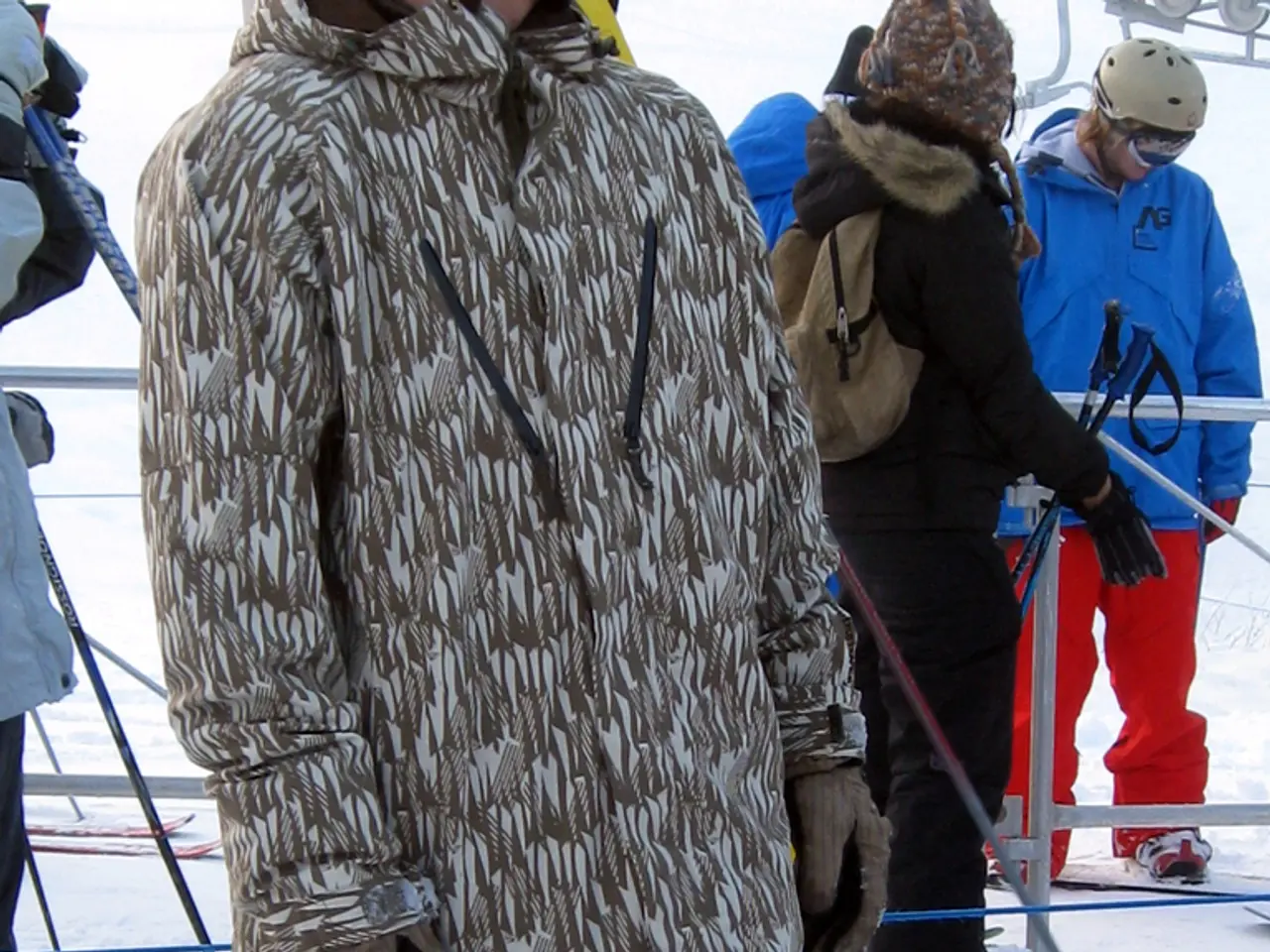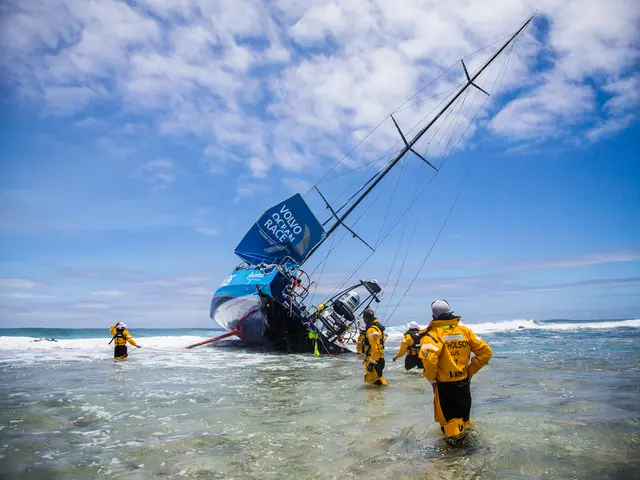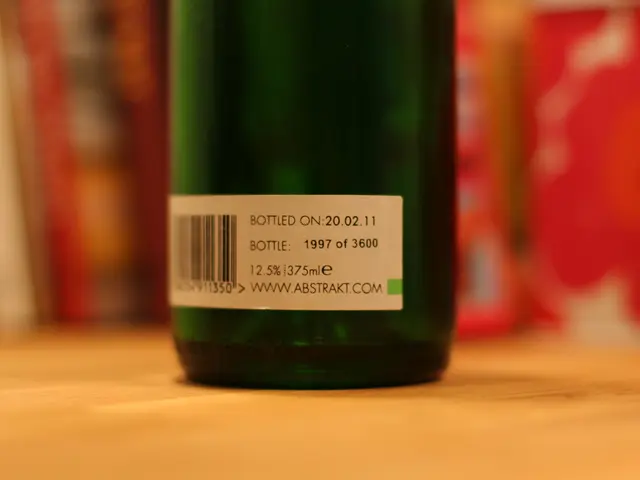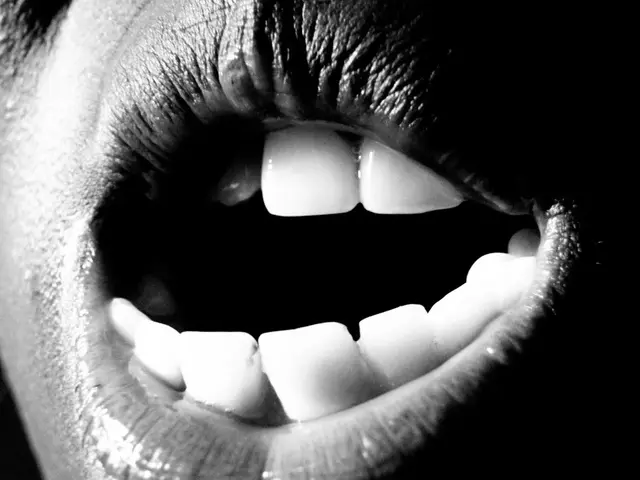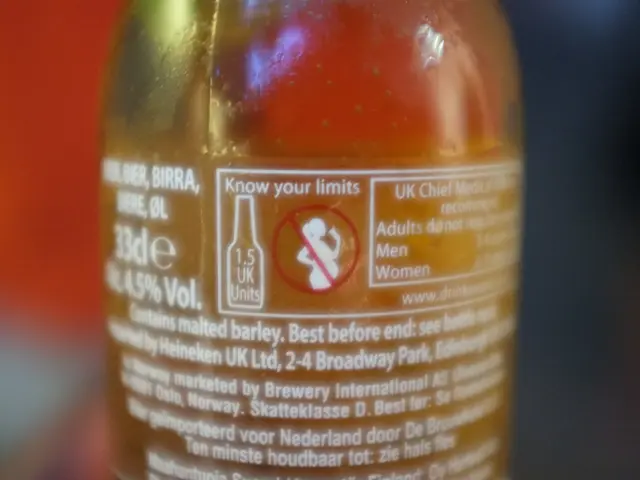Rapid Cold Sore Eradication: Methods and Home Remedies for Instant Relief
Cold sores, caused by the herpes simplex virus, are a common affliction, affecting around 50-80% of adults in the United States. While there is currently no cure for cold sores, effective treatments and home remedies can help manage symptoms and speed up recovery.
## Medical Treatments
Prescription antiviral medications such as Acyclovir (Zovirax), Valacyclovir (Valtrex), and Famciclovir (Famvir) can significantly reduce the healing time of cold sores when started early. They work by preventing the virus from replicating. Over-the-counter creams like docosanol (Abreva) can also help reduce symptoms and shorten healing time by about a day if applied at the first sign of a cold sore.
An antiviral ointment called Penciclovir is another option for topical treatment. It is known to reduce healing time.
## Home Remedies
Cold compresses applied to the affected area can reduce swelling and ease pain. Benzocaine-based products can provide quick pain relief by numbing the area, though they don't cure the virus.
Maintaining hydration, avoiding irritants such as spicy, acidic, or salty foods, and keeping the area moist by applying lip balm or creams can help manage symptoms during healing. Protecting from sun and stress by avoiding sun exposure and managing stress can help prevent reactivation of the virus.
## Preventive Measures
Avoiding sharing personal items like cutlery, toothbrushes, lipstick, or any other objects that may come into contact with a cold sore is essential. Notifying a medical professional if a sore is large or very painful, close to the eyes, not healing, or a person develops a high fever or chills is also crucial.
Kissing should be avoided by a person with cold sores around their mouth until the sores disappear. The AAD recommends using a lip balm with an SPF of 30 or higher to protect healing cold sores from the sun's UV rays.
## Natural Remedies and Precautions
Some laboratory and animal studies suggest that certain plant extracts and propolis may combat HSV-1, including lemon balm essential oil, tea tree essential oil, aloe vera gel extract, and propolis. However, it is important to speak with a doctor before using natural remedies, including essential oils, as they can cause skin reactions and interact with medications.
Oral herpes is contagious, so anyone with the infection should take steps to keep the virus from passing to others. Oral sex can lead to genital herpes when HSV-1 spreads through contact between the mouth and the genitals.
Stress, tiredness, drinking alcohol, exposure to UV light can cause cold sores to flare up again. If a cold sore lasts for 2 weeks or longer, contact a healthcare professional.
In conclusion, while cold sores can be a nuisance, there are effective treatments and home remedies available to help manage symptoms and speed up recovery. It is essential to seek medical advice when necessary and to practice good hygiene to prevent the spread of the virus.
- Acyclovir (Zovirax), Valacyclovir (Valtrex), and Famciclovir (Famvir) are examples of prescription antiviral medications that can reduce cold sore healing time.
- Docosanol (Abreva), an over-the-counter cream, can also help reduce cold sore symptoms.
- Penciclovir is another antiviral ointment for topical cold sore treatment, known to reduce healing time.
- Cold compresses can reduce cold sore swelling and pain.
- Benzocaine-based products can provide quick pain relief for cold sores, but they don't cure the virus.
- Staying hydrated, avoiding irritants, and keeping the area moist can help manage cold sore symptoms.
- Protecting from sun and stress is crucial in preventing cold sore reactivation.
- Sharing personal items like cutlery, toothbrushes, lipstick, or any other objects that may come into contact with a cold sore should be avoided.
- Notifying a medical professional is essential if a sore is large or very painful, close to the eyes, not healing, or a person develops a high fever or chills.
- Kissing should be avoided by a person with cold sores around their mouth until the sores disappear.
- The AAD recommends using a lip balm with an SPF of 30 or higher to protect healing cold sores from the sun's UV rays.
- Some plant extracts and propolis, such as lemon balm essential oil and tea tree essential oil, may combat HSV-1, but speaking with a doctor is important before using natural remedies.
- Oral herpes is contagious, and anyone with the infection should take steps to prevent the virus from passing to others.
- Oral sex can lead to genital herpes when HSV-1 spreads through contact between the mouth and the genitals.
- Stress, tiredness, drinking alcohol, exposure to UV light can cause cold sores to flare up again. If a cold sore lasts for 2 weeks or longer, contact a healthcare professional.
